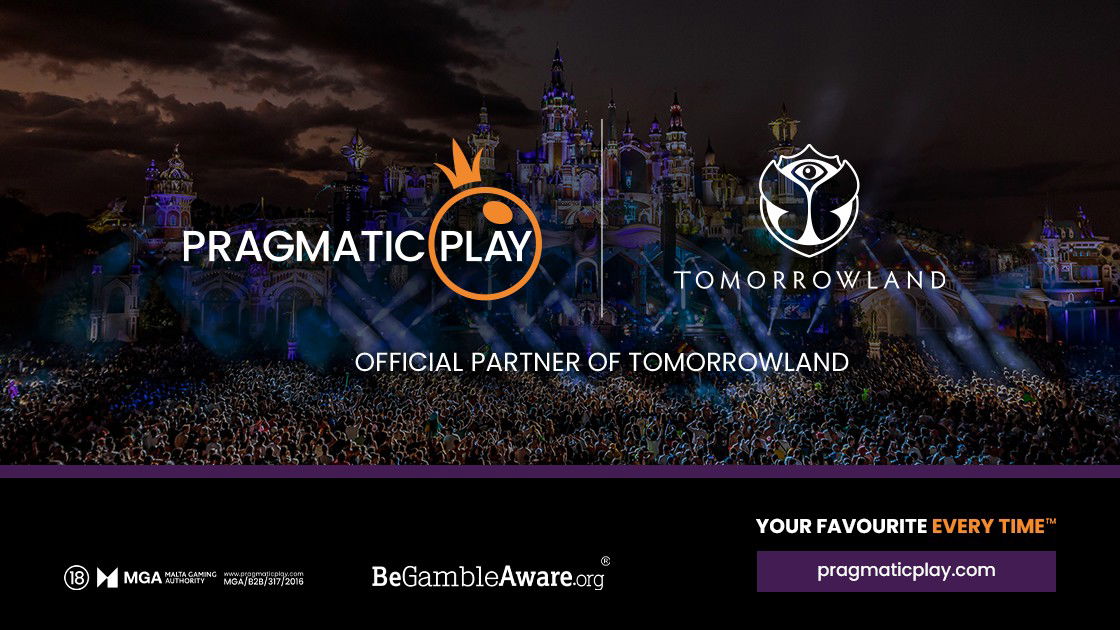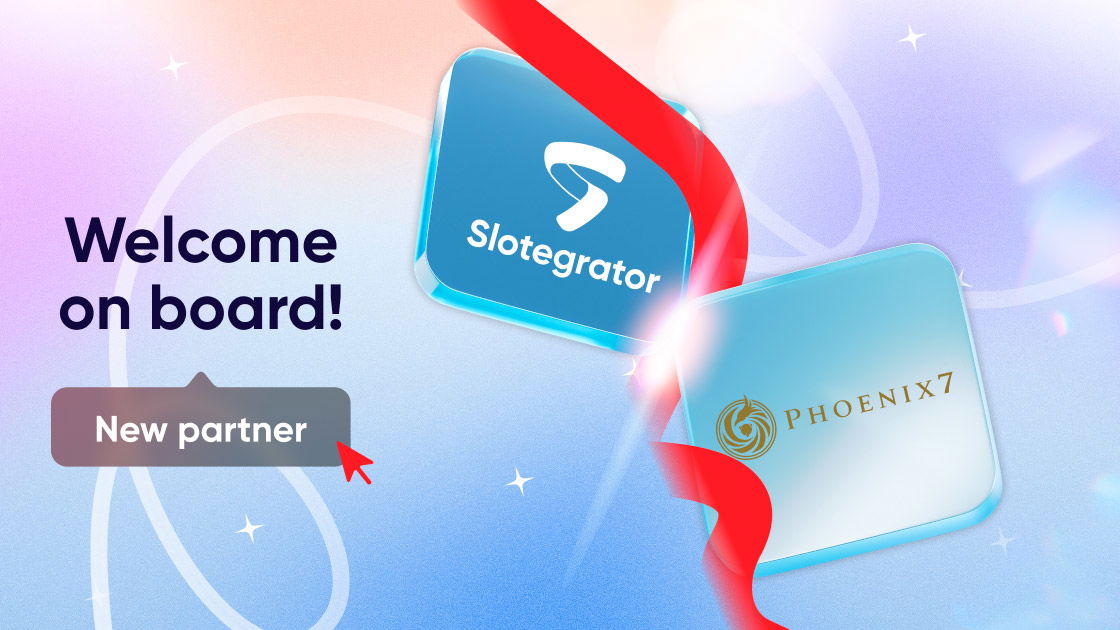Sweden urged to privatize Svenska Spel with concerns over regulatory integrity

The secretary general of the Sweden Trade Association for Online Gambling (BOS), Gustaf Hoffstedt, has urged the Swedish government to sell its state-owned gambling operator Svenska Spel, citing conflicts of interest and concerns over regulatory neutrality in the country's gambling market.
In an op-ed published on the Swedish news site Dagens Industri, Hoffstedt compared the state’s recent decision to sell the vehicle inspection company Bilprovningen to its continued ownership of Svenska Spel. He highlighted a statement from Swedish Finance Minister Elisabeth Svantesson, who defended the sale of Bilprovningen, arguing that the state's role should be to regulate and supervise markets, not to own companies within them.
“Bilprovningen and Svenska Spel belong to a handful of state holdings that are particularly unsuitable for the state to own,” Hoffstedt wrote. “The state companies operate in a competitive market alongside private companies, where the state is tasked with regulating both its own company and others.”
Hoffstedt has long been a critic of Sweden’s state gambling monopoly, especially since the market was liberalized in 2019. He has consistently argued that the dual role of regulator and market operator undermines the government’s impartiality.
“In Western society, the normal model is private companies run businesses, while governments and parliaments set and supervise the rules. But among the Nordic countries, the state is also quite an aggressive commercial operator,” Hoffstedt said.
Hoffstedt emphasized the inherent conflict of interest in the state regulating the gambling market while simultaneously competing in it. Comparing the arrangement to being both a “player and referee in the same match,” he warned that such practices could erode public trust in the government’s regulatory role.
He also pointed to the reputational risks associated with Svenska Spel’s continued ownership by the state. Over 2024, the operator accrued fines exceeding SEK100 million ($9.1 million) for regulatory breaches.
“Every day with the state as owner of Svenska Spel, the government is exposed to this risk,” Hoffstedt warned.
He also criticized the involvement of Svenska Spel representatives in parliamentary discussions on gambling regulation, saying it inverts the democratic order. “It is the Riksdag and the government that have the mandate to say what Svenska Spel should do. Svenska Spel should not give directives to the elected politicians,” he stated.
The debate over Svenska Spel’s privatization has been ongoing, with both the Moderates and Sweden Democrats, the two largest parties in parliament, expressing support for a sale during the 2022 election campaign. Despite this, the discussion has largely stalled in recent years.
However, Hoffstedt believes the recent sale of Bilprovningen to TÜV Rheinland signals a potential shift in the government’s stance on privatizing other state-owned enterprises.
“The sale shows the government is prepared to go from words to action,” he said. “There is no reason to wait any longer with the privatization of Svenska Spel.”
Hoffstedt argued that divesting Svenska Spel would not only resolve conflicts of interest but also provide a financial windfall for public investments in critical areas such as infrastructure. He stressed that any sale should be carefully managed to ensure maximum value for the state.
“The state’s role as an impartial judge is probably even more important in the gambling market than in the car inspection industry,” Hoffstedt concluded.

















































